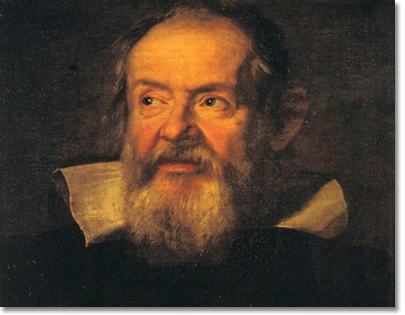Here are some of the popular Probability theory articles:
You have to decide whether an event is mutually exclusive or independant.
[readon2 url=”/content/item/3-independent-or-mutually-exclusive-event?”]Learn More[/readon2]
Often when you work out the probability of an event, you sometimes do not need to work out the probability of an event occurring, in fact you need the opposite, the probability that the event will not occur.
[readon2 url=”/content/item/4-converse-complementary-probabilities”]Learn More[/readon2]
So far we have discussed probabilities in terms of outcomes either occurring or not occurring, but sometimes the gambler will wish to know the probability of an outcome occurring within a given time or during a given sequence of events.
[readon2 url=”/content/item/5-periodic-events”]Learn More[/readon2]
The theory of probability becomes of enhanced value to gamblers when it is used with the law of large numbers
[readon2 url=”/content/item/6-the-law-of-large-numbers-/-the-law-of-averages”]Learn More[/readon2]
It is frequently stated in books and articles on probability that if a succession of monkeys were set before a typewriter…
[readon2 url=”/content/item/7-monkeys-typing-shakespeare-or-even-just-the-word-hamlet”]Learn More[/readon2]
[readon2 url=”/content”]View More Articles[/readon2]


